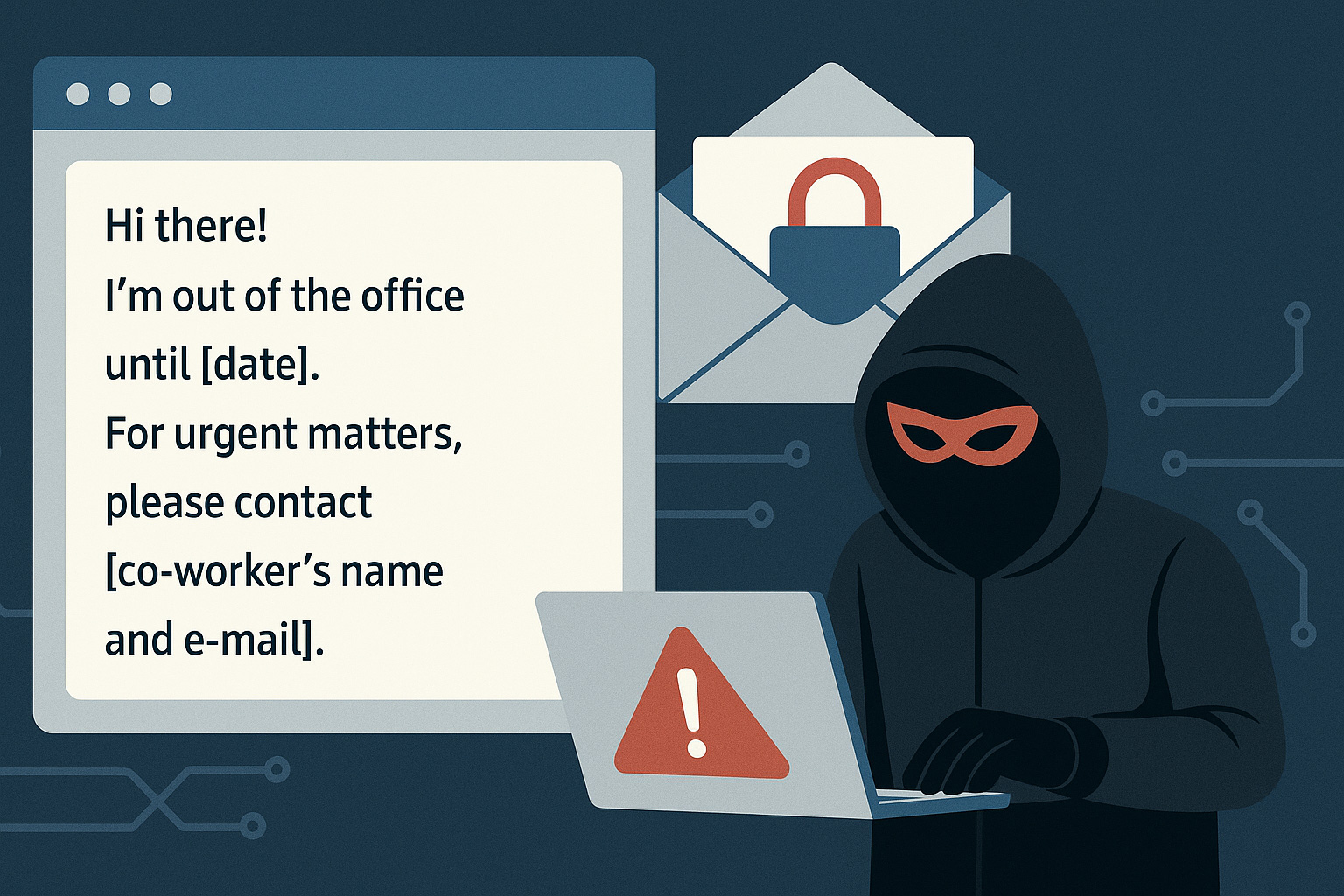
The Hidden Costs Of Waiting: Why You Can’t Afford To Delay Your Windows 10 Upgrade
Windows 10 hits end-of-life in October 2025, and putting off the upgrade could cost you more than just an IT headache. From security risks and
Canadian businesses must navigate a complex landscape of data security regulations to protect sensitive information and maintain compliance.
With rising cyber threats and evolving laws, organizations need to ensure their IT infrastructure aligns with federal and provincial requirements. This guide outlines key regulations businesses should be aware of and practical steps to stay compliant, especially for those with cross-border operations between Canada and the US where data sovereignty concerns come into play.
Who it applies to:
Key requirements:
Some provinces have their own privacy laws that may override PIPEDA for businesses operating within those jurisdictions:
An amendment to PIPEDA, the Digital Privacy Act introduced mandatory breach notification requirements. Businesses must:
Certain industries must adhere to additional security frameworks, such as:
For businesses operating in both Canada and the US, understanding data storage regulations is crucial. The US CLOUD Act allows American authorities to access data stored by US-based companies, even if the data resides in Canada. This has implications for Canadian businesses using US-based cloud services.
Key Considerations:
For advanced cybersecurity solutions, check out our Cybersecurity Services.
Need assistance with incident response? Read our blog post on Cybersecurity Challenges for Small Businesses – How Managed Service Providers Can Help.
Navigating data security regulations can be complex. Partnering with an experienced Managed IT Services Provider like Nicom IT Solutions ensures:
Explore our Managed IT Services to keep your business secure and compliant.
Staying compliant with Canadian data security regulations isn’t just a legal requirement—it’s essential for protecting your business and customer trust. Organizations with US operations must also consider cross-border data management to remain compliant with both Canadian and US laws.
By implementing proactive security measures and working with experts, businesses can minimize risks, avoid fines, and maintain compliance with evolving laws.
Need help securing your IT environment and ensuring regulatory compliance? Contact Nicom IT Solutions today for expert guidance and customized security solutions.
Are you confident that your business is fully compliant with Canadian data security regulations? Do you worry about data breaches, evolving compliance requirements, or cross-border data concerns?
Our FREE Compliance & Security Assessment will identify potential compliance gaps, evaluate your cybersecurity posture, and provide expert recommendations to ensure your IT environment meets all regulatory standards.
Schedule a free consultation call today or call us at 1-833-231-6182 to get started.

Complete this form to get started and we will contact you to discuss the next steps. Or call us at 1-833-231-6182 to get started.

Windows 10 hits end-of-life in October 2025, and putting off the upgrade could cost you more than just an IT headache. From security risks and

Out-of-office replies seem harmless, but they can give cybercriminals everything they need to launch a targeted scam – names, roles, dates, even who’s covering for

If the only time you talk to your IT provider is when something breaks – or once a year at contract renewal – you’re missing